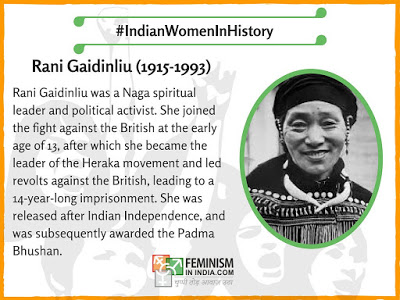>>>
- Blockiere ich die Browser-Cookies, kann ich die Privacy Policies nicht mehr lesen, ich bekomme eine weiße Seite angezeigt
- Alle Sprachräume werden mitgezeichnet, derzeit noch unter der Prämisse Trolls u.ä. zu entfernen. Das hat natürlich auch anderes Potential
>>>
>>>
- Wird 1 Troll o.ä. entfernt, wird derzeit auch noch die Person entfernt, die selbigen eingeladen hat. Die Daten werden zu Teilen nach Entfernung weiterhin benutzt
Mehr Details in der Privacy Policy und den Terms & Conditions, oben im Retweet verlinkt.
>>>
>>>
Weitere Eindrücke:
Kurzum: natürlich wandern wir da alle hin (Mrz: 500 Mitglieder, Dez: 600000, Wert: $100 Mio), weil neu, weil auf kurzem Wege mit Stars, Politiker*innen, und vor allem Tech- und Medienmenschen ein Austausch möglich ist. Das ist natürlich toll.
>>>
>>>
Allerdings ist mein Eindruck, dass durch die gewisse Art elitären Umgangs und natürlich den Ursprung der Tech-Avantgarde in den USA die Plattform bisher sehr weiß & cis männlich ist. Bis das für mich richtig toll wird, wird das also noch dauern.
>>>
>>>
Apropos Elite und Diversität: Anmeldung findet mit Vor- und Zuname statt. Es wurde kein Pass verlangt, allerdings sehe ich trotzdem Gefahren für queere Menschen, Sexworker*innen oder Aktivist*innen hier, die ich persönlich aber gerne hören würde statt weiße cis Männer.
>>>
>>>
Soweit zu einem groben Eindruck der Plattform. Ich bin gespannt auf die Entwicklung, auf Talks und würde mich freuen, wenn die Plattform insbesondere bei mehrfach Marginalisierten ankommt und sie dort endlich eine Stimme bekommen würden und ihnen zugehört wird.
Ergänzung:
Eigene Clubs gründen geht erst,wenn eins genügend selbst Content produziert hat:
https://t.co/2nqE3QpBEo Das erinnert mich an xHamster&den c3-Talk von
@yannahalfering &
@SebMeineck (
https://t.co/wSHUyYLdzs) –Gelernt also von den größten Plattformen,die es derzeit gibt.
Ergänzung Nr. 2:
Unabhängig von iPhone und invites only, ist die App selbst natürlich auch nicht barrierearm in UI/UX. Wer hätte das gedacht?
https://t.co/QcnG6AHroX
Ergänzung 3+
CN -ismen
Maggie Tyson hat über Clubhouse geschrieben: Es ist natürlich schlimmer als wir dachten (cc
@Genderbeitrag): Gegen -ismen, Hate Speech und Co wird nichts wirklich getan, in Zulassen von entsprechenden Gruppen eher noch unterstützt:
https://t.co/nrnirv1lmF
Passt also gut auf euch auf, wenn ihr von Marginalisierungen betroffen seid! Ich musste innerhalb der ersten 24h auch schon die erste Person blocken. Und, da wo es eben nicht divers ist, finden natürlich auch die meisten -ismen statt. Das ist keine Überraschung.






























